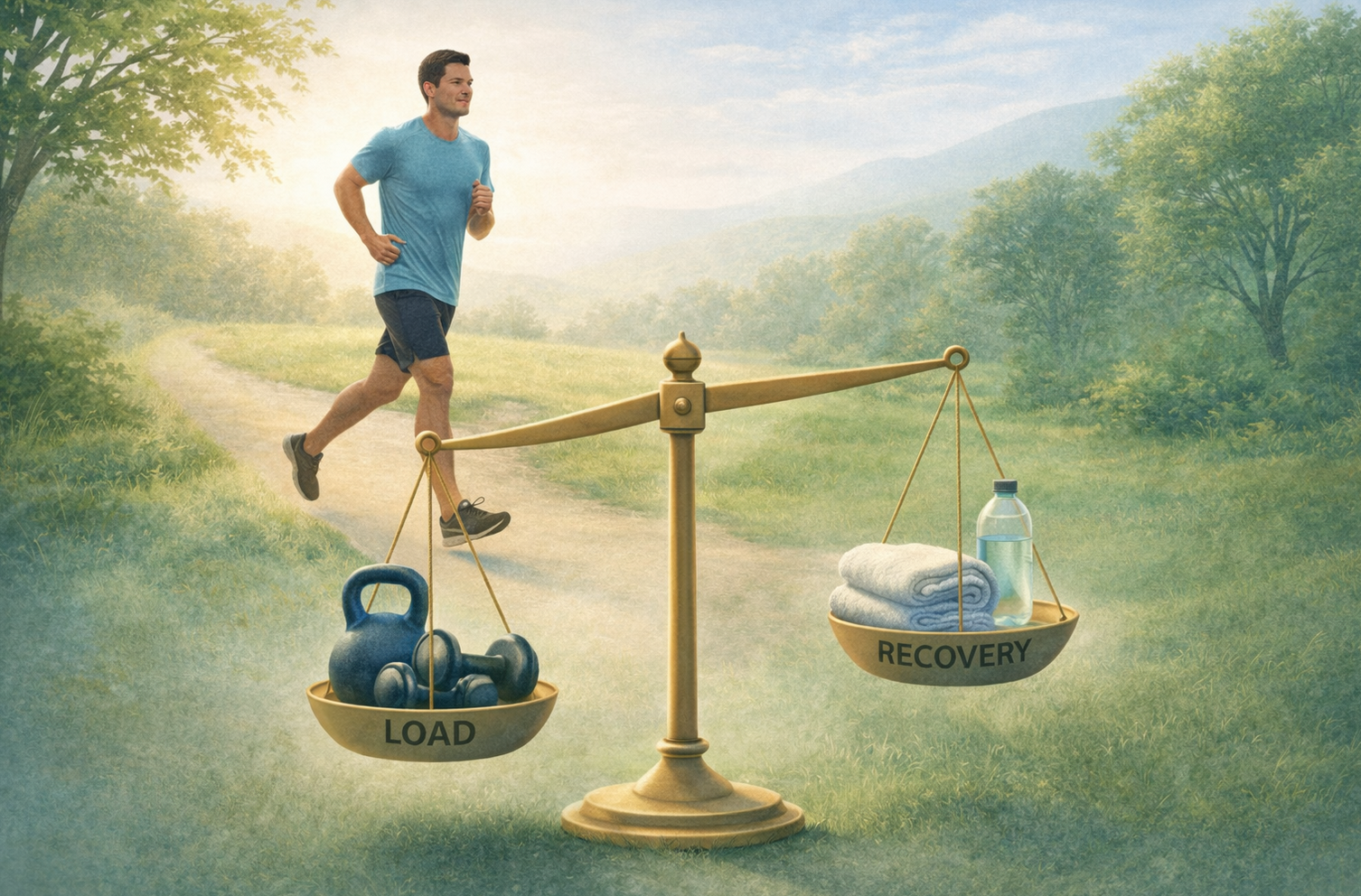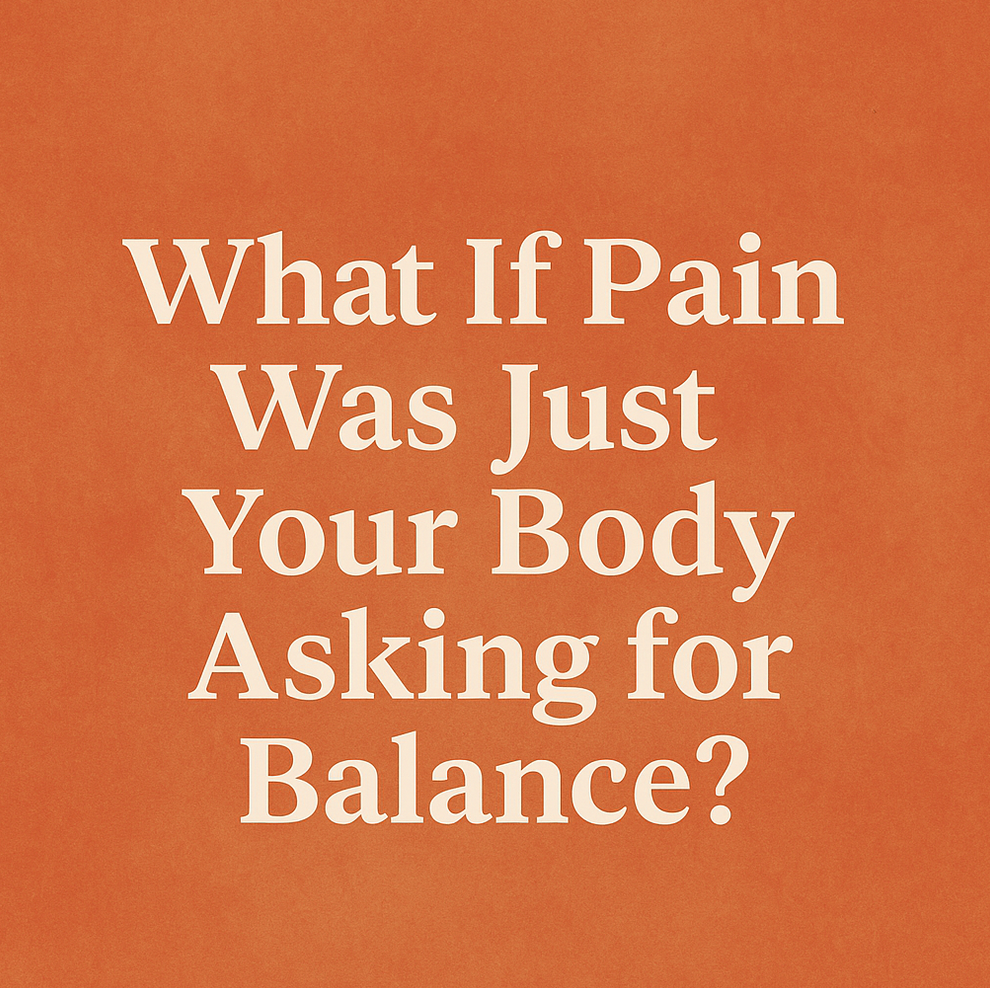Chronic pain is a signifi cant global health burden and low back pain causes more disability than any other condition.
Interpreting pain
People with negative beliefs about their pain report higher levels of pain intensity and disability.
People with musculoskeletal pain often view their body as being a fragile or a vulnerable structure which is easy to (re)injure.
Here are some common misconceptions about pain:
Credit: World Confederation of Physical Therapy
Some facts about pain
Acute pain alarms us about potential tissue damage and typically comes on suddenly as a result of a specific incident.
Chronic pain serves no biologic purpose as it is not related to actual tissue damage, but more the threat of tissue damage.
Sensitive Alarms
To understand chronic pain more simply, think of a house with a security alarm set up.
After the house was burgled a few months ago, the owners decided to set the alarm’s sensitivity to high.
So every time the wind blew, it would blow a lot of leaves and debris around - setting off the alarm system. The owners woke up to the alarm and prepared for a ‘fight-flight’ situation. But each time the alarm went off, they didn’t find anything wrong.
After an injury, the body is biologically wired to act like a sensitive alarm system - magnifying small normal niggles.
This is a normal and healthy protective response.
For some people though, while the original injury can heal (normally taking no longer than 3-6 months), this protective response (highly sensitive alarm system) can remain in place indefinitely.
This can lead to overwhelming sense of anxiety and fear, that can turn into a downward spiral of inactivity, de-conditioning and eventually more pain.
Maybe the most important picture to understand if you’ve had pain lasting more than six months.
Pain that lasts more than six months is generally related to an overly sensitive nervous system rather than a specific issue in the tissues
(Picture credit: Explain Pain - Butler & Mosely)
Consulting with a Physio who is specialised to treat chronic pain can help you discover if you have a sensitive nervous system and get you back on the fast track to living life again.
Physiotherapists will help you understand how chronic pain works.
They will help you reduce the fear attached to pain and explore long-term strategies to build confidence through engaging in activities that you once enjoyed.
Exercise and building capacity
People who have suffered chronic pain often have reduced physical capacity, that has dropped over a period of months or years.
This keeps them in the ‘zone of stress’ where everyday tasks can seem over-whelming and tiring.
The only way to get on top long term is to re-build your capacity, to create zone of relaxation, where you can easily handle the demands of everyday life.
A few tips:
Increase training or exercise loads gradually – our bodies don’t like surprises
Avoid changing too many training or exercise factors in one go
Participate in a program that focuses on whole body strength to ensure the body is tolerant to changes in exercise load
Pace yourself. Break bigger activities into smaller chunks.
Pain is normal - use this scale to guide your level of activity
Some people with chronic pain become overly sensitive at perceiving small normal niggles.
When you start to resume your activities., pain that is at a 0-5 level is considered ACCEPTABLE —> KEEP GOING.
Pain that increases to 5-10 means you are probably over-doing it and need to rest or modify your activity.
Pay attention to your pain during the activity as well as notice the 24 hour response e.g. the next day.
Need some help with getting you back to doing what you love?
If you think we are the right fit for you and you wish to get relief right away, use our simple online booking system to make an appointment. If you would prefer to speak to us directly, call us 1300 657 813

















